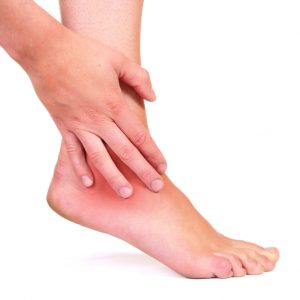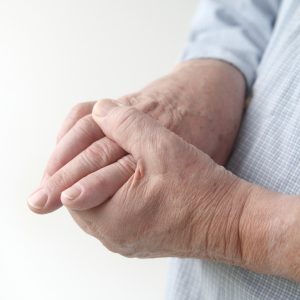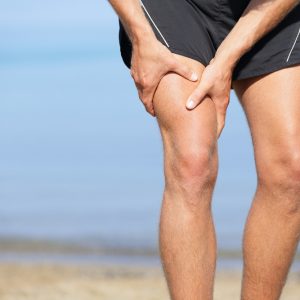
Aching joints might seem like a simple problem, something that stems from a bad posture, injury, or heavy exercise. But did you know that your otherwise innocent, yet hurting joints could be due to some underlying health issue? If your joints continue to hurt despite your efforts to relieve yourself of the discomfort, here are a few possibilities for it.
However, these are just a few possibilities of what the joint discomfort could be about and not a medical diagnosis. So, if you notice any of these symptoms combined with joint pains, kindly visit an Orthopaedist. They will help you with more accurate and detailed analysis and a complete guide to treating your joint pains. Here are the possible health conditions that could be the underlying cause of your joint pains.
Arthritis

Joint pains or Arthritis is a condition where inflammation in the joints causes uneasiness, anxiety, and stiffness. Other accompanying symptoms could be swelling, tenderness, severe pain, intermittent pain, and stiffness in the muscles. There could be numerous reasons for Arthritis, including wear and tear, other underlying diseases, and infections. Rheumatoid Arthritis affects the immune systems of your joints by starting with the lining of the joints.
When there is too much uric acid in your blood, it leads to gout. Other underlying diseases could be psoriasis or lupus, which cause joints to hurt and lead to Arthritis. The various risk factors include possible family history, gender, past accident or injury to the joints, age, and obesity. If this seems familiar, you should visit your doctor, who would suggest the perfect treatment. While the treatment for Arthritis might not completely cure the condition, it aims to reduce the symptoms and improve the quality of life as Arthritis interferes with your everyday life.
Musculoskeletal Disorders
Musculoskeletal Disorders (MSD) is an injury or disorder that impacts the movement of the person’s body or musculoskeletal systems. This includes ligaments, nerves, muscles, discs, tendons, blood vessels, etc. A common form of MSD is the Carpal Tunnel Syndrome. If you suspect that your joint pain could be MSD, look for symptoms like stiffness, redness on the overlaying skin, joint noises, weakness, inflammation, swelling, tenderness, reduced motion range, and warmth.
You might also experience twitching muscles, fatigue, and sleep disturbances. A severe injury, trauma, accident, fractures, falls, sprains, and dislocations could cause an MSD. Overuse, bad posture, repetitive movements, and prolonged disuse could also cause Musculoskeletal disorders.
Fibromyalgia
Fibromyalgia or Fibrositis is a condition where, besides the muscular pain, you might also experience memory issues, disturbed sleep, mood swings, and fatigue. It increases the pain sensation that your brain processes, which interferes with your everyday life functioning.
A person with fibromyalgia might experience severe pain in the back, neck, abdomen, and joint muscles, which intensifies at night. Besides this, many people also tend to experience symptoms like nausea, constipation, mood swings, lack of concentration, insomnia, headache, and sensitivity to cold. As one of the most common reasons for fibromyalgia is stress, the treatment focuses greatly on reducing stress besides medication to reduce the pain and other accompanying symptoms.
Muscle Strain

Muscle strain or muscle pull as it is commonly referred to as a condition where your muscle is stretched or torn due to overuse. A muscle strain could also be a result of fatigue and improper use. This is one reason why it is important to warm up before exercising or lifting weights.
A muscle strain mostly happens in the neck, shoulder, lower back, and the muscle behind the thighs. Common symptoms of a muscle strain are swelling redness, and an inability to move a muscle. The good news is that you could treat this condition mostly at home by applying an ice pack, a heat pack, or taking painkillers. However, consult your doctor before popping in a pain killer.
These are a few common underlying health problems that your joint pains could be indicating at. So, if the muscle soreness is hindering your everyday life functioning, consult a professional. Also, they can help you rule out the possibility of a serious health issue if any! They can help you pick the right course of treatment, medicines, diet, and lifestyle changes. And thus, in the long run, relieve you of the joint aches.





